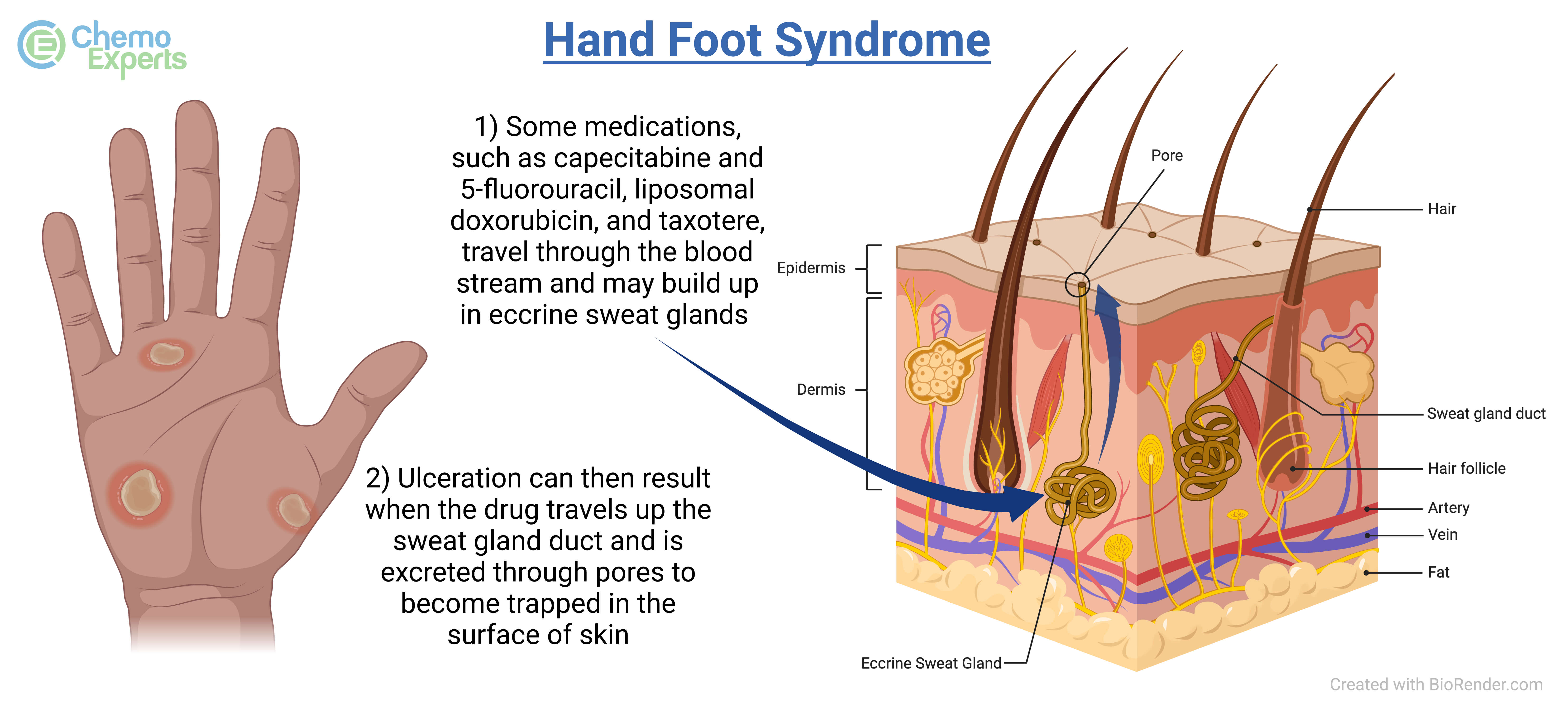Targeted Dermatology Treatments for Hyperhydrosis of Hands and Feet: Effective Solutions
Comprehending the Source of Excessive Sweating and Its Effect On Life
Extreme sweating, additionally understood as hyperhidrosis, is a condition that influences a considerable part of the population, yet its underlying causes and ramifications on day-to-day operating continue to be somewhat enigmatic. While it is typically comprehended as a physical reaction to regulate body temperature, the triggers for too much sweating can differ widely amongst individuals, including not just physical factors but additionally emotional and emotional aspects. The impact of this condition extends past plain pain, commonly affecting social interactions and overall high quality of life. By delving into the origin of hyperhidrosis and exploring its complex results, a deeper understanding of this pervasive problem can be gained, dropping light on the complexities that individuals coming to grips with too much sweating browse each day.
Physiology of Sweat Glands
The guideline of sweat manufacturing, a crucial physiological process, is mostly controlled by the activity of sweat glands distributed throughout the human body. Sweat glands are classified into 2 primary kinds: eccrine and apocrine glands.
When the body temperature level increases, either because of physical activity, high temperature levels, or emotional stress, the nerves causes the sweat glands to create sweat. This sweat is composed mainly of water and electrolytes like sodium and chloride. The procedure of sweat manufacturing is essential for keeping the body's inner temperature within a slim, optimal array, highlighting the crucial role gland play in human physiology.
Triggers for Excessive Sweating
In comprehending the origin of extreme sweating, it is important to determine the triggers that can cause this physiological response. Too much sweating, also referred to as hyperhidrosis, can be prompted by different variables, both environmental and physiological. One typical trigger is psychological tension or anxiety, which can boost the body's gland to create even more sweat than is needed for cooling. Physical exertion, heats, and spicy foods are also understood to trigger too much sweating in individuals vulnerable to this problem. Particular clinical problems like diabetic issues, hyperthyroidism, or menopause can contribute to too much sweating as well.
In addition, medicines such as some antidepressants, opioids, and specific supplements can additionally function as triggers for hyperhidrosis. Understanding these triggers is vital in handling excessive sweating effectively - Exessive Sweating. By recognizing and addressing the certain triggers that motivate extreme sweating in a private, medical care suppliers can develop customized therapy strategies to ease this problem and improve the individual's lifestyle
Medical Issue Associated
Connected with excessive sweating are numerous clinical problems that can aggravate this physical response. One common problem is hyperhidrosis, a problem characterized by unusually raised sweating that exceeds the body's thermoregulatory needs. This can materialize in focal areas like the palms, soles, underarms, or face, influencing a person's high quality of life as a result of social shame and discomfort.
Additionally, endocrine disorders such as hyperthyroidism, diabetes, and menopausal warm flashes can additionally lead to too much sweating. Hyperthyroidism triggers an overflow of thyroid hormonal agents, accelerating metabolic process and triggering sweating.
Additionally, infections like endocarditis, hiv, and tuberculosis have been related to night sweats, an usual signs and symptom recognized to interrupt sleep and impact total wellness. These medical conditions highlight the diverse series of underlying variables that can add to too much sweating, demanding comprehensive examination and monitoring by healthcare professionals.
Mental and psychological Aspects

Influence On Social Interactions
Too much sweating can have extensive results on an individual's capacity to involve easily in social interactions. The visible signs of sweat spots or wet patches on clothing can cause shame and self-consciousness, causing people to withdraw from social scenarios. This withdrawal can impact connections, limitation social tasks, and prevent personal and professional growth.

Moreover, the stress and anxiety and self-worth problems stemming from excessive sweating can impact interaction and interpersonal skills. People might struggle to concentrate on conversations, get involved in group tasks, or share themselves confidently. This can bring about sensations of isolation and isolation, as social links become testing to maintain.
Final Thought

While it is frequently understood as a physiological response to regulate body temperature level, the triggers for extreme sweating can differ commonly amongst people, including not only physical factors but likewise emotional and mental components. By diving right into the origin triggers of hyperhidrosis and exploring its multifaceted results, a much deeper understanding of this prevalent concern can be gained, dropping light on the complexities that individuals grappling with too much sweating browse on an everyday basis.
Physical exertion, high temperatures, and spicy foods are additionally known to trigger extreme sweating in individuals susceptible to this problem. By identifying and dealing with the particular triggers that trigger excessive sweating in an individual, healthcare service providers can establish customized therapy plans to reduce this condition and boost the individual's top quality of life.
Extreme sweating can have extensive effects on an individual's capability to engage comfortably in social interactions.